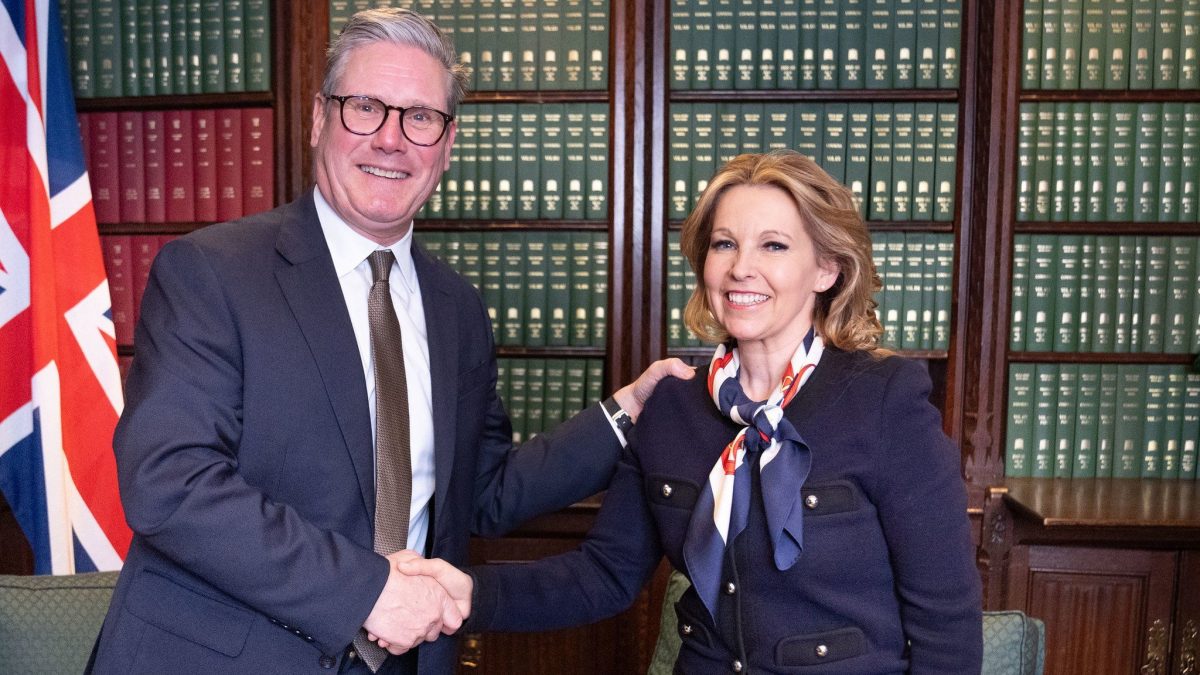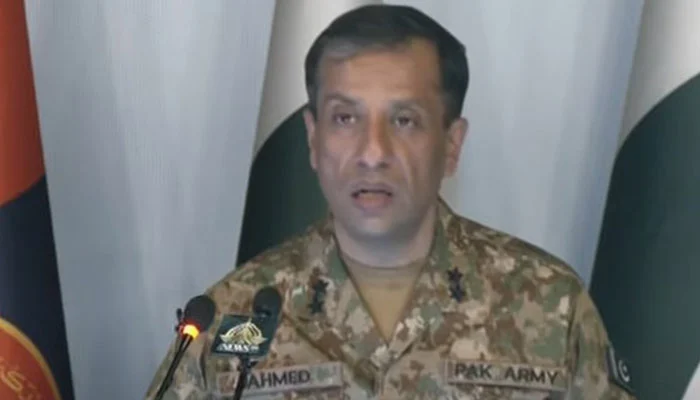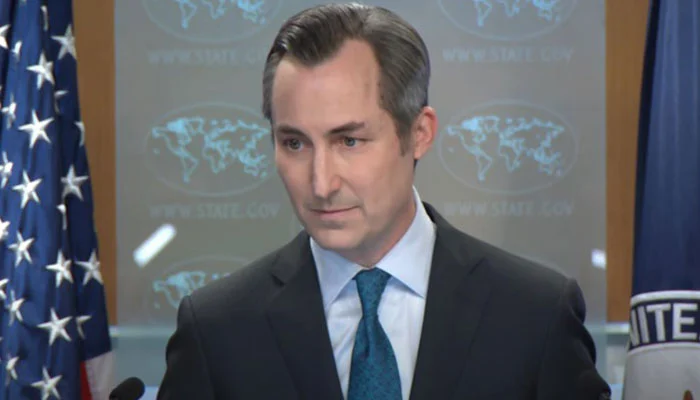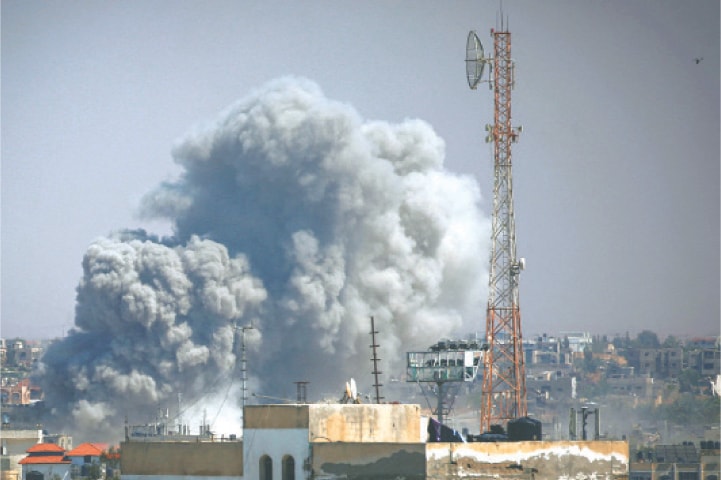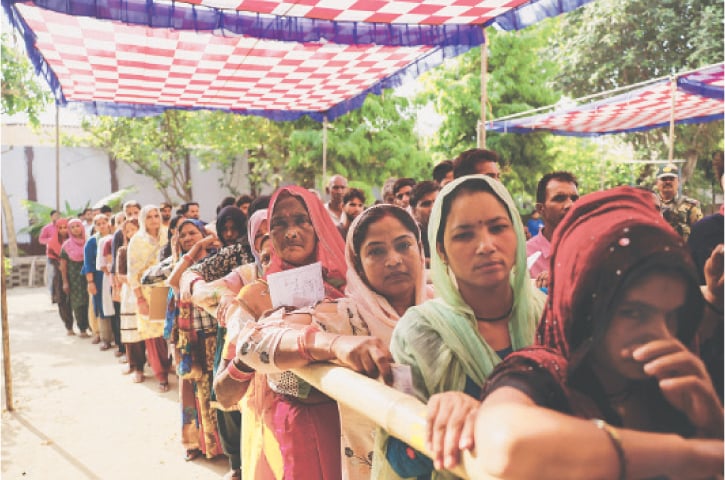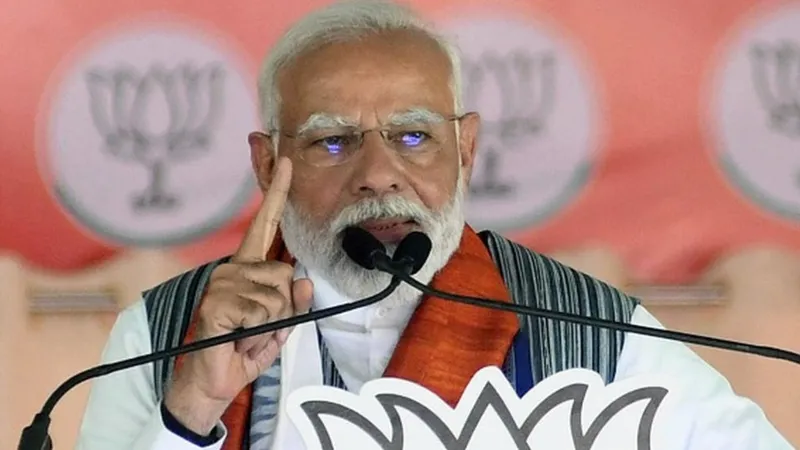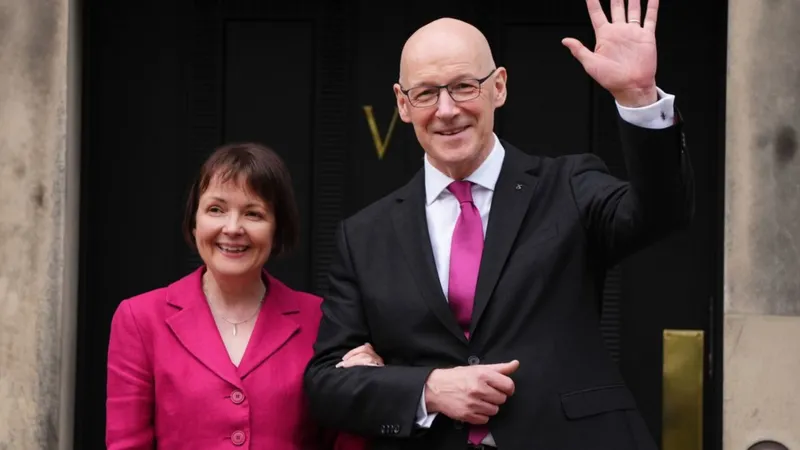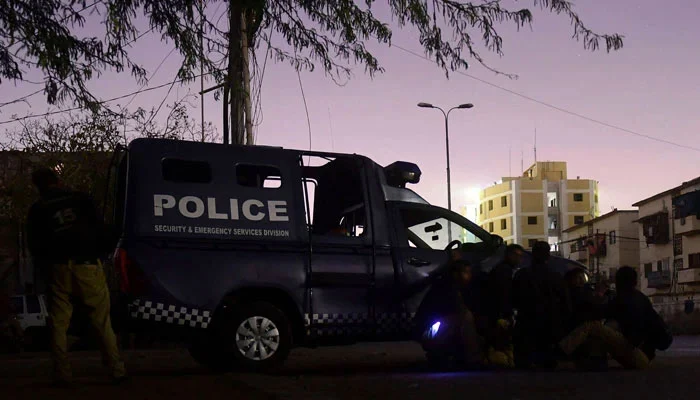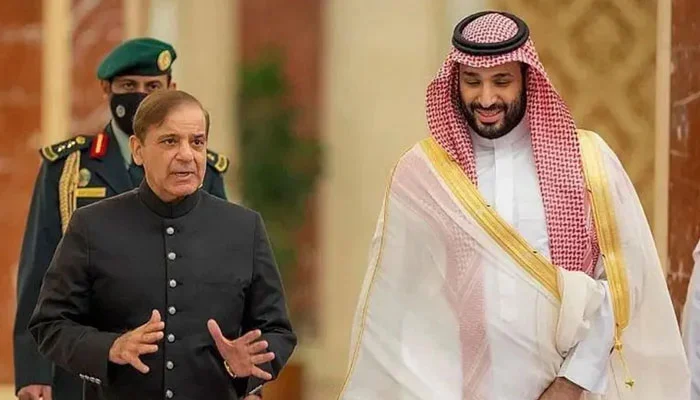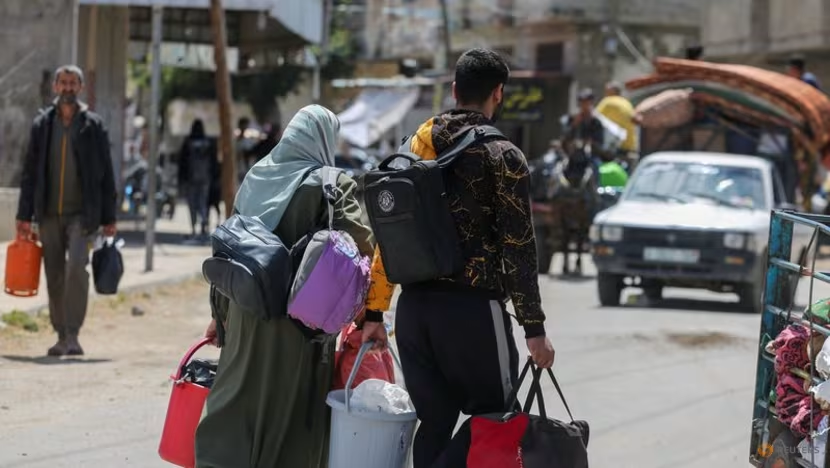The Dover MP’s surprise defection from the Conservatives has prompted reaction ranging from delight to anger by her new colleagues.
Canterbury MP Rosie Duffield said Labour MPs were “baffled” by her “really peculiar” move to swap sides.
But a senior party figure hailed her switch as “one hell of a coup”.
And Sir Keir has said he is “delighted” with her defection, telling reporters it showed his party was “the party of the national interest”.
Several sources suggested Labour’s whips, responsible for party discipline, were worried about accepting her, but Labour deny this.
It is the second defection to Labour for Rishi Sunak in less than two weeks, after Dr Dan Poulter also quit the Tories last month.
Normally, when an MP switches parties, their new colleagues are almost all delighted.
However, this latest defection, announced minutes before Prime Minister’s Questions on Wednesday, has left to some Labour MPs feeling upset, let down, and shocked.
In a blistering statement, Ms Elphicke said the Tories had become a “byword for incompetence and division”.
What Ms Duffield is willing to say publicly in reaction to the defection, many many more are saying privately.
Although Ms Elphicke has made arguments in areas such as housing that are in tune with her new colleagues she has previously attacked Labour policy in a number of areas.
She has criticised the party for “grabbing more in taxes” and not being “serious” about stopping small boat crossings, a big issue in her Dover seat.
As well as her political stance, many Labour MPs are deeply uncomfortable with remarks she made about her then-husband Charlie Elphicke, whom she replaced as Dover MP in 2019.
In an interview with the Sun after his conviction in 2020 for sexual assault, she was reported to have said being “attractive” and “attracted to women” had made him an “easy target”.
She has not commented on those previous remarks since defecting on Wednesday.
Labour said “all those issues have been dealt with previously both in Parliament and in public”.
Speaking to BBC Radio Sheffield on Wednesday, Labour MP Sarah Champion said “some of the things Mrs Elphicke had said defending her ex-husband from the sexual abuse allegations” did not “sit well with me at all”.
She also said she would find it “challenging” to have former Tory MPs in the party “when it’s so close to a general election”.
“I think their policies and their belief systems are so far from mine but we are where we are I guess,” she added.
She added the fact that Ms Elphicke, like Dan Poulter, are both planning to quit Parliament at the election created a “bit of a mess” because Labour already has candidates in both their seats.
Conservative MPs have also expressed surprise at Ms Elphicke’s defection, with Transport Minister Huw Merriman branding her “shameless” and an “opportunist”.


